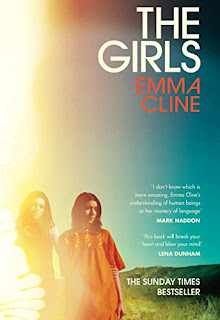"There are not many options for the evening that follows an afternoon of drinking. Only two in fact; remorse, or more drinking then remorse"
In my experience there are books that you tell your friends you "couldn't put down" and then there are those that you simply, and physically, can't. This is one of those books. From the moment I turned the first page I was hooked into this curious story about murder, deception and revenge.
Ian McEwan's Nutshell is a part adaptation of Shakespeare's tragedy Hamlet; the Prince of Denmark in this case is an unborn child and the narrative is delivered from within the confines of the womb. Don't worry, our narrator is trustworthy, highly intelligent with a brutal wit gathering what he does through overheard conversations between his mother and scheming Uncle, listening in to Radio 4 and an intuition far beyond that usually credited to a baby.
Readers will either love or hate this novel depending on their willingness to accept the central conceit. For me, McEwan does an expert, I'd go as far as masterly, job of adapting a classic text in such a unique way. There is simply nothing lost but everything to gain in the telling of the story through the eyes of an unborn baby.
I easily empathised with the narrator and at times read and then reread certain passages, just because, "We're alone then, all of us, even me, each treading a deserted highway, toting in a bundle on a shouldered stick the schemes, the flow charts, for unconscious developments".
Other reviews will, no doubt, be less generous in praise for Nutshell; "is this some kind of joke?" I can hear the book groups gasp "Its just a gimmick" but for me this is writing that makes you sit up, commit to the story and let the World around you slip into a haze. Nothing else matters when you're reading, just suspend your disbelief and read. Even better, find a few space hours and read it all in one go.
I read this novel in hardback, in part, on the train in South East London
Nutshell by Ian McEwan, published by Vintage, 210 pages























